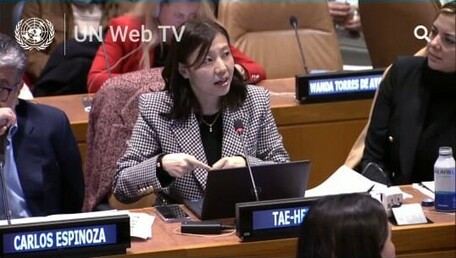New Education Privatisation (NEP) in English Education for Speakers of Other Languages (ESOL): A Four-nation Comparative Study
Funding Scheme
General Research Fund (RGC)
Funding Amount
HK$1,143,854
Awarded Year
2019
Privatization and standards maintenance in English language education
This project examines the ways in which privatization shapes and affects English education for Speakers of Other Languages (ESOL). In recent years, many governments have permitted third parties to deliver curricula in public schools, a trend known as New Education Privatization (NEP). While NEP has attracted scholarly interest, its impact on student learning and teacher professionalism remains underexplored. Previous studies criticized NEP for undermining teacher professionalism and educational equity, but they offered little guidance on how schools can improve. Drawing on cases from China, Japan, Australia, and Greece, this study maps these practices and provides recommendations to address these issues.
Sustainable Development Goals
In 2015, UN member states agreed to 17 global Sustainable Development Goals (SDGs) to end poverty, protect the planet and ensure prosperity for all. The research team contributes towards the following SDG(s):
The research addresses the intricate interplay of ideas and conditions that (a) influence the trajectory of New Education Privatization (NEP) in English for Speakers of Other Languages (ESOL) at both school and government levels and (b) shape the quality and equity of outsourced education and teacher professionalism. By examining and comparing practices across various national contexts, the study helps to ensure that quality education is accessible to all and that address emergent problems with effective interventions.
This research offers a nuanced analysis of how a travelling neoliberal policy enters a national educational system and cascades down to individual schools, or fails to do so. The policy diffusion and pathway models developed through this project have been published in journal articles, book sections, and reports, including one from the Asian Productivity Organization. The findings have been cited in fields beyond education policy, such as psychology, tourism, higher education, and migration studies.
Engaging over 10,000 stakeholders through knowledge transfer activities, the research includes training and advisory sessions for government officials and leaders (such as an interuniversity conference at the New York UN Headquarters), training for the Department of Education in the Antique province of the Philippines, corporate-organized conferences, webinars, and virtual lectures. Such extensive dissemination ensures that the research findings are accessible to those positioned to implement change. Additionally, the supervision and participation, of five doctoral students supports the development of future scholars, further extending the research's impact. These combined efforts encourage a more equitable and effective integration of NEP in public schooling.
Selected Publications
| Conference papers |
|---|
|
|
|
|
%20Webinar%20for%20Asian%20Productivity%20Organisation.png)
%20book%20with%20Springer.jpeg)




%20keynote%20for%20Mapfre%20Insurance%20company%20in%20Madrid.jpeg)


